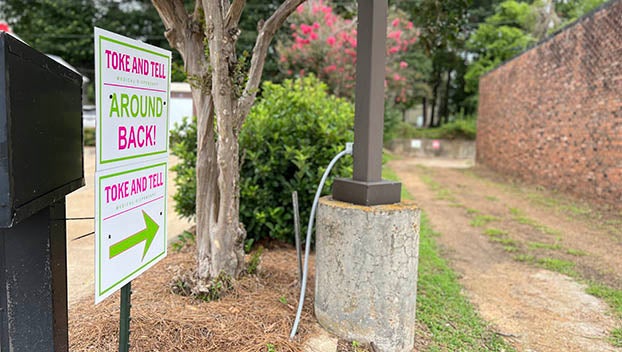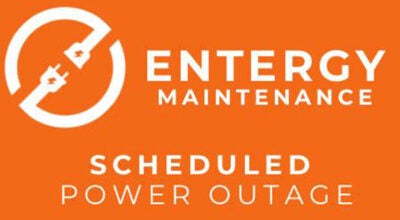Funding cuts to hamper local, state drug courts
Published 12:30 am Friday, June 14, 2013
NATCHEZ — Adams County Drug Court programs will face significant cuts July 1 as part of statewide budget cuts approved last week.
The Drug Court Advisory Committee voted last week to cut overall funding of Mississippi drug courts by 42 percent, or nearly $3.3 million, for the upcoming fiscal year.
Participants in drug court programs must undergo intensive, long-term treatment and counseling and must make frequent court appearances. When they complete the programs, charges against them may be reduced or set aside entirely. Adams County offers adult, youth and family drug court.
Statewide funding for felony drug courts for adults will be cut 25 percent to $3.16 million. Juvenile and family drug courts will be cut 58 percent to $1.23 million.
Adams County Youth Court Judge John Hudson, who also serves on the advisory committee, said the news of the cuts at the meeting was devastating.
“Out of all my time on the bench, it was the worst experience I have ever been a part of,” Hudson said. “What they did at that meeting was unfathomable in my opinion.”
For Adams County, Hudson said the cuts would eliminate the family drug court program and hamper the adult and youth programs.
Hudson said the youth drug court program will only be funded $75,000 — a nearly $175,000 deficit from the $260,000 average funding it has been receiving.
“Of course that’s devastating, and I don’t think that’s fair,” Hudson said. “We’ll continue to operate, but the quality of the court is going to be devastating.”
Apart from the routine drug tests that the youth court uses to monitor participants’ drug use, Hudson said offering treatment and counseling for the participants is just as important.
“From this process, we’re basically going to have to downsize from a treatment court to a probation court,” Hudson said. “We’ll continue to monitor drug use but the ability to treat will be gone.”
Currently, Hudson said the youth drug court employs two caseworkers, one director and a clerk who is shared with other courts. Caseworkers handle 20 participants each.
Hudson said the cuts will likely result in a downsizing of staff.
“The case loads are going to double because two (employees) is the most we can fund at this point with the cuts,” Hudson said. “The intensity of the program is going to be severely hampered because the case loads are going to double.
“My hope is we can limp or crawl along until we can get the funding later.”
The state assesses a $10 fee on criminal convictions, including traffic tickets, to fund the drug court programs. The charge brings in about $4 million a year, which was plenty of money to fund the drug courts when the state first rolled out the programs, Hudson said.
But all 22 of the state’s circuit courts now have felony-level drug courts, to go along with 13 juvenile drug courts. The system now costs $7.6 million a year to run.
Hudson said committee members saw this day coming long ago.
“We’ve been constantly chiming saying, ‘Please act. We have a problem. Please act,’” Hudson said. “We’ve been saying we need additional funding for drug courts because you can’t use the same amount of money to fund more programs.”
In recent years, the state made ends meet by using built-up money from the fund, but accumulated savings soon ran out. The legislature also transferred $2 million from the fund to pay for circuit and appellate court funding.
The funding reductions will hit juvenile drug courts the hardest, Hudson said, because juvenile participants can’t pay for their treatment by getting a job after completing the program.
“In adult drug court, it’s stay clean, get a job,” Hudson said. “In youth drug court, it’s stay clean, get an education.”
Bills to provide more money for the programs died during the legislature’s 2013 regular session.
Hudson said he hopes the topic of drug court funding will be included in a special session Gov. Phil Bryant is expected to call to resolve the state’s Medicaid expansion.
“We’re going to push hard to get additional funds to run our court,” Hudson said. “We’re hoping (Bryant) puts drug courts in his special call because no court can operate on $75,000.”





